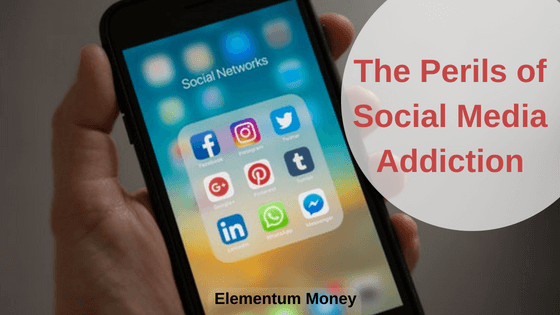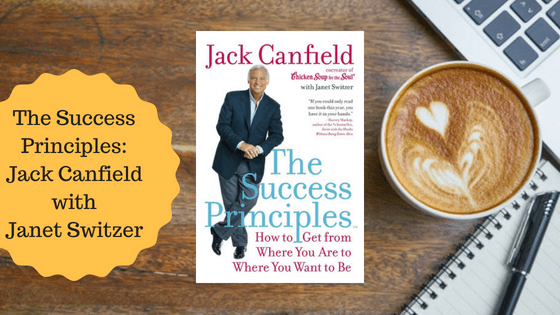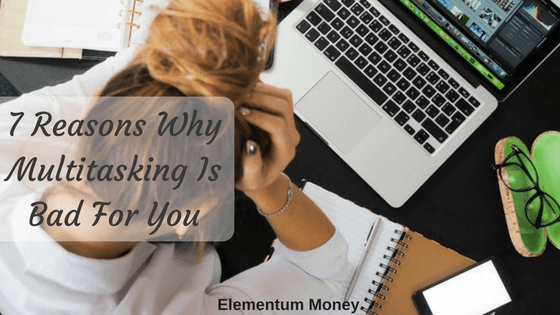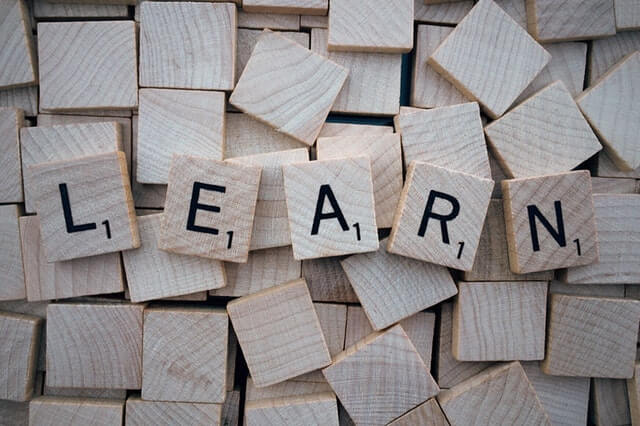
Have you ever wondered how many times you check your social media feeds? How many social media networks are you on, anyway? Is that the first thing you do every morning and before sleeping at night? Are you able to talk to a person in real life without peeking at your phone to check out how many people have responded to the new selfie that you put up? Do you feel the need to check-in to each and every place that you go to? Are you under the throes of social media addiction?
Why is social media Addictive?
There is enough research to show that the majority of the people across the world are addicted to social media. Yes, you are not the only one. Social Media networks are made inherently to be addictive in nature and clearly, that is working in their favor in today’s attention economy where the time spent is the new currency.
Caters to our need for social validation
Humans are social creatures with a need to feel acceptance from the society around. Today, in the digital age one of the pseudo ways in which we feel that social validation can be quantified is through the number of likes. We end up believing that the number of likes can be equated with social acceptance.
The like button is something started with Facebook which has now surreptitiously found it’s way to each and every network. Ironically though, the man who invented the Facebook like button himself has uninstalled all social media apps. That should tell you something, right?
FOMO (Fear of Missing out)
The first time I heard this term, I lol-led, I mean laughed out loud. I found the idea hilarious that we could have a fear of missing out on things, whether or not they involve us.
Turns out, FOMO is a huge aspect of our addiction to social media. Looks like we live in the constant fear of others having fun and rewarding experiences without involving us and social media then becomes our instrument to track that down.
As the number of users of a social media network increase, the FOMO around that increases as well. So, if Instagram now has 800 million users, the amount of content that you can find and the potential FOMO of not being there are far higher.
Ego
While with social validation and the like buttons, we feed into our need for social acceptance, another thing we are able to do with social media is to feed the need for ego and narcissism. The words might sound harsh but think about it.
How many posts on social media are about you? How many of us are trying to be thought leaders with a long preachy post (I am guilty on this count but the medium is blogging so I try and forgive myself)? How many times do you use the networks to have your opinion heard even if it is something which doesn’t concern your life directly? Is your presence on social media feeding into the need to look superior to others?
The role of Dopamine
Dopamine is a chemical associated with a rush of happiness in our brain, which anticipates a reward to an action, every time you do an action. Dopamine is also a chemical that ends us getting addicted to things.
In some ways, Charles Duhigg in his book, the power of habit talks about employing dopamine to start good habits. He describes the cycle of habit as Trigger -> Action -> Reward. However, most of us are now using social media to get our dopamine hit. We look at our feed, get that rush of happiness seeing the number of likes and then do it time and again to experience that feeling. Till some time back, I was pretty much addicted to Instagram and thought of myself as a potential travel influencer. I put up travel pictures (which had no presence of me or my husband), put up long descriptions and hashtags. When the likes would start coming in and the notifications poured in, I used to love it. Thankfully for me, the feeling got old and it started feeling like too much work.
Gamification
I still remember as a kid, how much my parents would limit my gaming time if any. The perils of video game addiction have been well known to us since the time we were kids.
However, considering the fact that we are no longer under that monitoring, we choose to easily get addicted. Brands and social media networks are well aware of the potential addiction effect of gamification. Remember Farmville? That’s just one example. Check out the way these brands try and impress you in today’s attention economy.
The problems with Social Media Addiction
Now with enough years under the belt of having social media networks around, we are also getting to see just how harmful they can be to us. There is a growing body of research to show the various ways in which this addiction can be harmful:
Depression and Anxiety
This has to be the biggest problem associated with social media addiction. When we keep looking at our feed, what we see is others putting their best foot forward. A holiday? Here’s a picture. An anniversary? Here’s a long loving message to my husband.
What about real life incidents like long queues or losing your way that come with that dream holiday? Or maybe a fight with your spouse which again is part and parcel of marriage.
When we ourselves are in a dump and check our feeds, all we see is everyone else around us living happy and productive lives (which is a lie) while we are miserable. No wonder, research shows that heavy usage of social media is inclined to put users into an endless cycle of depression.
Privacy and safety
We all went up in an uproar about the idea of Facebook leaking our data. But, we happily volunteer to give most of it away. Call it my Delhi instinct but I still find it amusing when people check in. Why do you need the 338+ (average number of Facebook friends) friends on your Facebook and their friends to know where you are?
Productivity killer
My recent favorite book was Cal Newport’s Deep Work which is a fantastic read to increase productivity. One of the most important chapters in the book talks all about “quitting social media”. Social media addiction and productivity are really two extremes, especially if you intend to do deep work.
Keeping up with the Joneses
Imagine this – you have just been scrolling through your feed and you see a college acquaintance with an announcement of his shiny new red car announcing. You quickly press the like button and move on. Then you sit in your perfectly ok 5-year old car and quickly realise that the interiors seem faded, the paint seems to lack lustre and it just doesn’t seem to go with your status, especially since you are doing so much better than him in your professional life. You either get a new car or if nothing else get yours to a workshop for a makeover.
Social media leads to comparisons making us keep up with the Joneses, more than we care to think.
Echo Chamber effect
When I was in college studying to graduate in history, one of the best parts was the intellectually stimulating atmosphere. There was enough debate and differing opinions to make the mind jog through the day and consider different angles to the same topic.
What do you do when you do not like someone’s opinions or the content that they put out? You tend to either hide or block them. Also, some of the social media network algorithms work in a way to show you content similar to what you have liked earlier.
In essence, with social media, you are surrounded by opinion very similar to what you originally hold. This is called the echo chamber as your opinion is what is echoed around you. Turns out social media makes it that much easier to have the echo chamber effect in your life.
How to reduce your social media addiction
Take this Psychology Today quiz to figure if you are indeed addicted to social media. In case you get a resounding yes, know that it’s time to cut back on your social media intake. I, for one, do not promote going cold turkey but there are enough and more ways to reduce it’s impact in your life.
Limit your time on it
First track how much time are you actually spending on social media networks. Trust me, you will be surprised considering most research puts the number somewhere around 2 hours a day! Once you know your number, gradually set yourself targets to cut down the time you consume social media.
Turn off your notifications
This is a small tweak but one that can reap rich rewards. My notifications are switched off for most of my apps in the phones and it is a relief to not see the blue light blinking on it after leaving the phone unattended for half an hour. Notifications are more like reminders from the app seeking your attention and once you turn them off, after some time you could notice that the number of times you check your feed could very well go down.
Delete the app
One of the best and sure shot ways of de-addicting yourself is to delete the mobile app. I have deleted Facebook quite some time back and Instagram went out a few weeks back. I use Facebook mostly just to publish my posts.
When you delete the app, there might be some days initially where you still check your feed on the mobile browser. But, gradually the itch does reduce. I, for one, do not miss spending (or wasting) my time on Facebook and people don’t seem to miss me either. So, win win.
Keep it real
At some level, it is also about distinguishing in your head between social media and real life. With social media, it is easy to live in your bubble especially when you see a status with 200+ likes. You tend to confuse the two. Know that most people live very different lives on social media and even your life on social media is not completely synonymous with your real life.
Meet people in real life
Do not confuse social media as a replacement for socialising. Meeting people in real life is far different and that’s what keeps life real. Swap your time on social media for real life meetings. Rekindle old friendships. Go for real life hobbies like plays. Join a book club or a hobby-based meetup.
Social media is like nuclear weapons – you can use it to generate electricity or you can use it to kill and maim innocent people. Know that it is your choice how you use social media in your life.
Are you addicted to social media? What did you do to cut down on that addiction?





Leave a Reply